The Politics of Memory: Transitional Justice in Democratizing Societies

Summary
One of the most important political and ethical issues faced during a political transition from authoritarian or totalitarian to democratic rule is how to deal with legacies of repression. This book explores the important aspect of transitional politics, assessing how Portugal, Spain, the countries of Central and Eastern Europe and Germany after reunification, Russia, the Southern Cone of Latin America and Central America, as well as South Africa, have confronted legacies of repression.
Similar Books
-
 Democracy and Authoratarianism in South Asia
Democracy and Authoratarianism in South Asiaby Ayesha Jalal
-
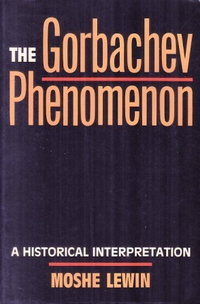 The Gorbachev Phenomenon: A Historical Interpretation
The Gorbachev Phenomenon: A Historical Interpretationby Moshe Lewin
-
 The Gorbachev Phenomenon : An Historical Interpretation
The Gorbachev Phenomenon : An Historical Interpretationby Moshe Lewin
-
 States, Ideologies, and Social Revolutions
States, Ideologies, and Social Revolutionsby Misagh Parsa
-

-
 Workers&State New Ord Indones
Workers&State New Ord Indonesby Vedi R. Hadiz
-
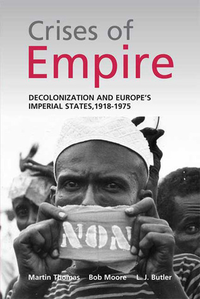
-
 1968: The World Transformed
1968: The World Transformedby Carole Fink
-
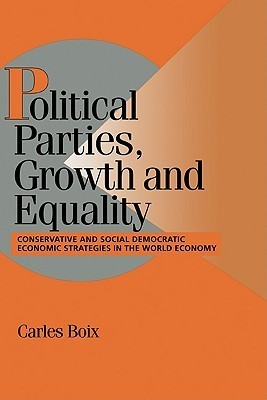
-
 Nationalism and its Futures
Nationalism and its Futuresby Umut Özkırımlı
-
 Multiculturalism in Asia
Multiculturalism in Asiaby Will Kymlicka
-
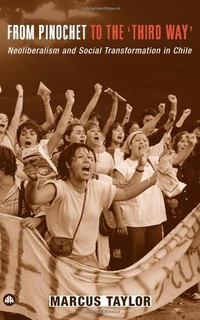
-

-

-
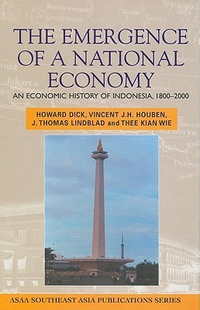
-

-

-
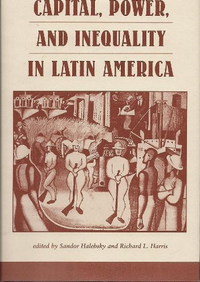 Capital, Power, And Inequality In Latin America
Capital, Power, And Inequality In Latin Americaby Sandor Halebsky
-
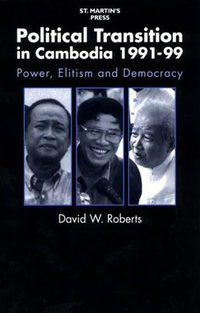 Political Transition in Cambodia 1991-99: Power, Elitism, and Democracy
Political Transition in Cambodia 1991-99: Power, Elitism, and Democracyby David Wesley Roberts
-
 The United States Contested
The United States Contestedby Sergio Fabbrini
-
 On Argentina and the Southern Cone
On Argentina and the Southern Coneby Alejandro Grimson
-

-
 The State and Democracy in Africa
The State and Democracy in Africaby African Association of Political Science
-

-
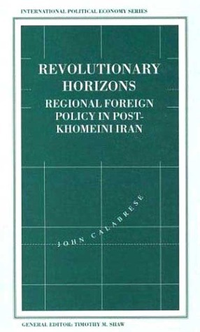 Revolutionary Horizons: Regional Foreign Policy in Post-Khomeini Iran
Revolutionary Horizons: Regional Foreign Policy in Post-Khomeini Iranby John Calabrese
-
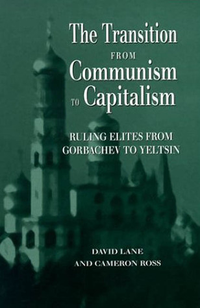 The Transition from Communism to Capitalism: Ruling Elites from Gorbachev to Yeltsin
The Transition from Communism to Capitalism: Ruling Elites from Gorbachev to Yeltsinby David Stuart Lane
-

-
